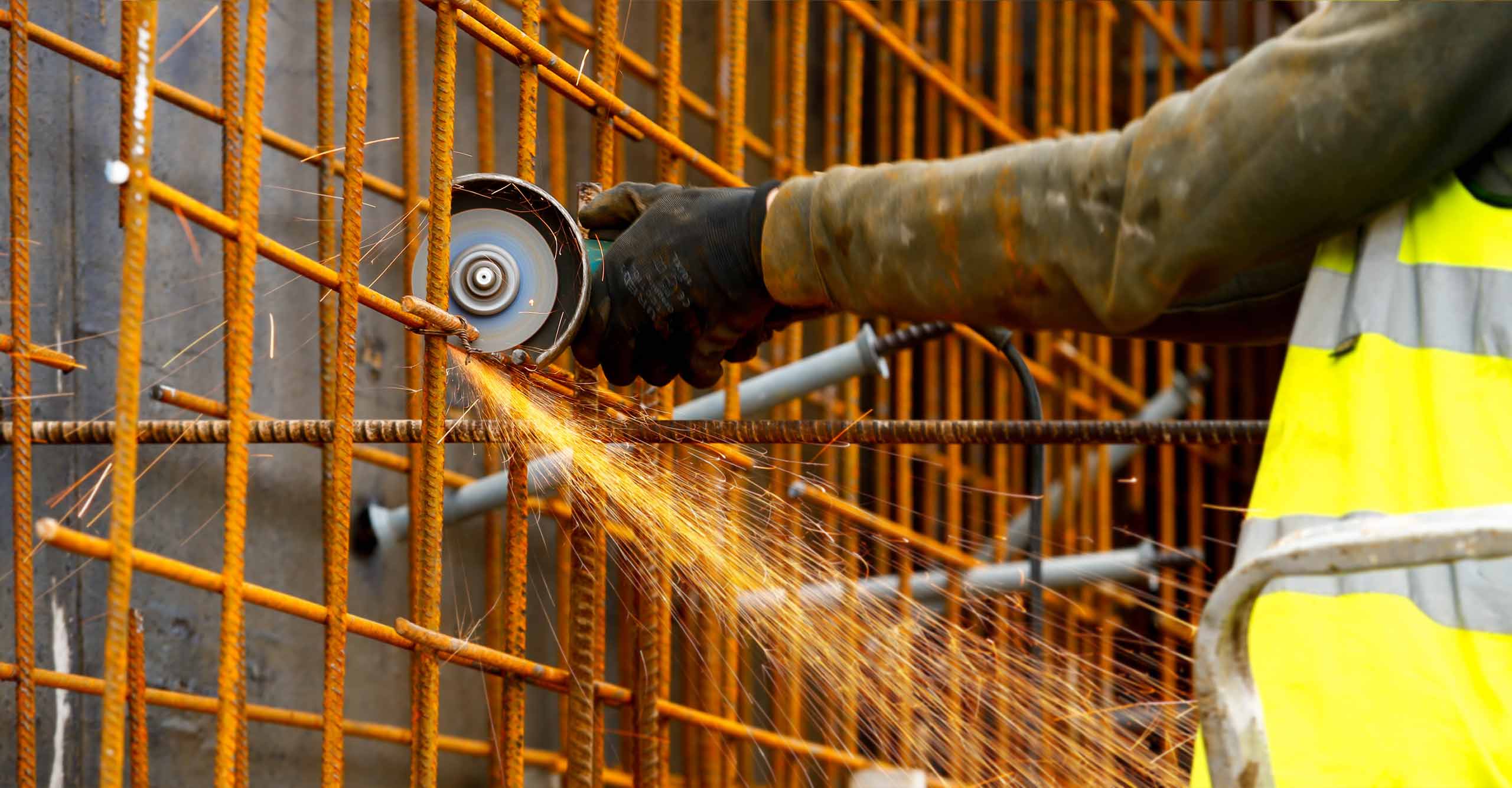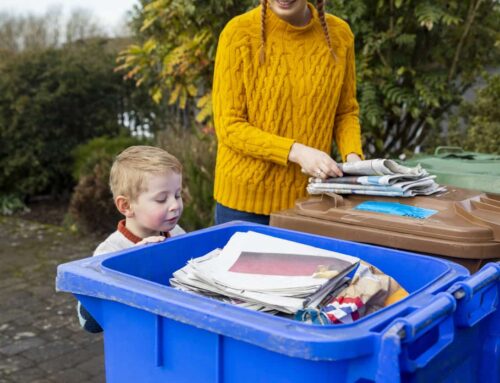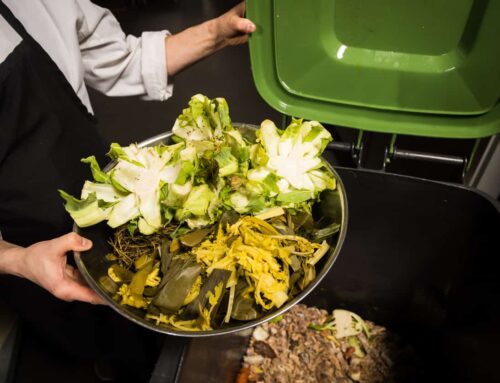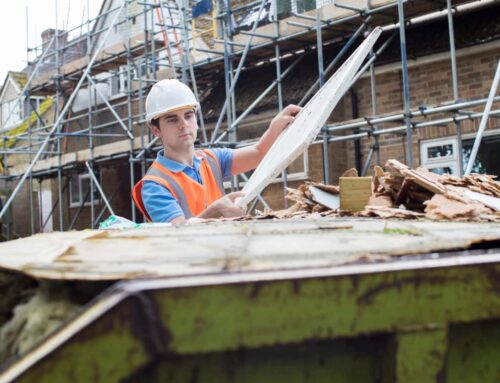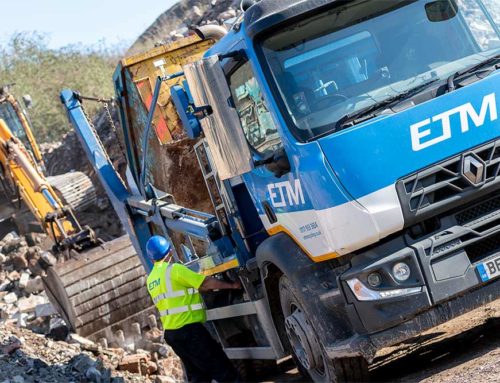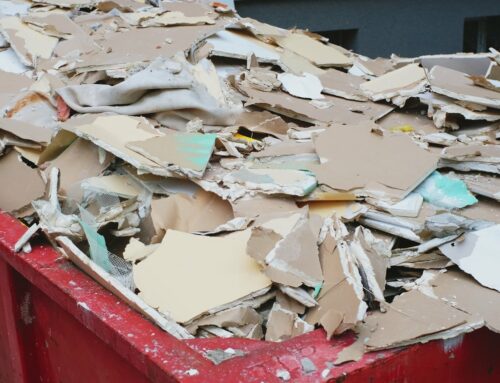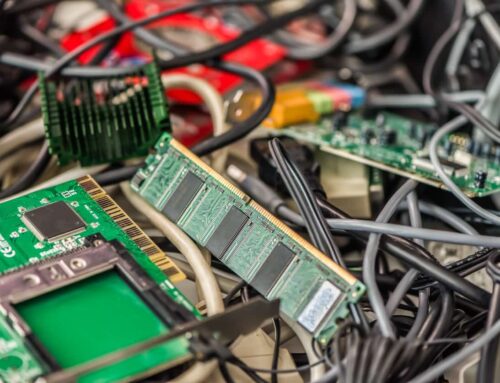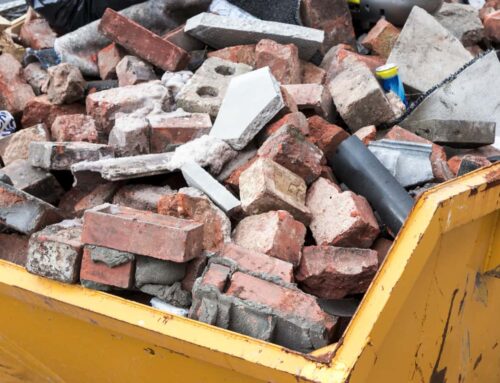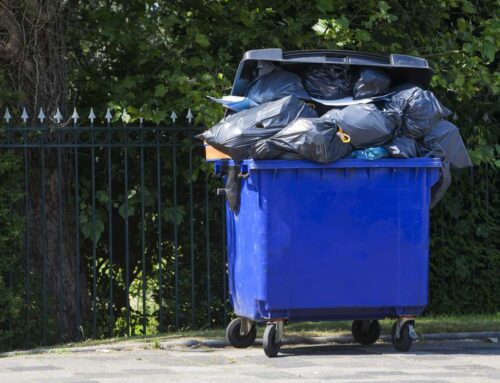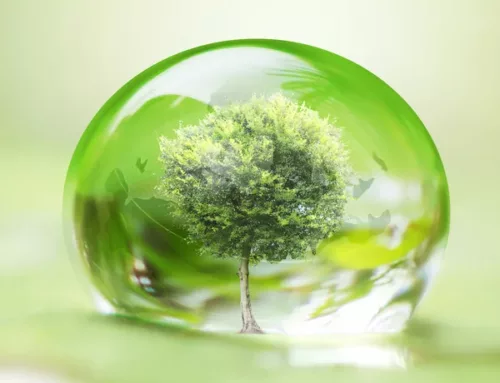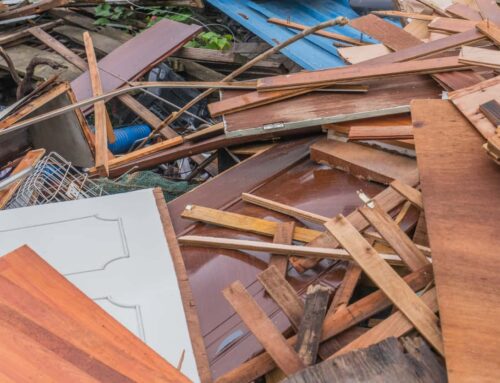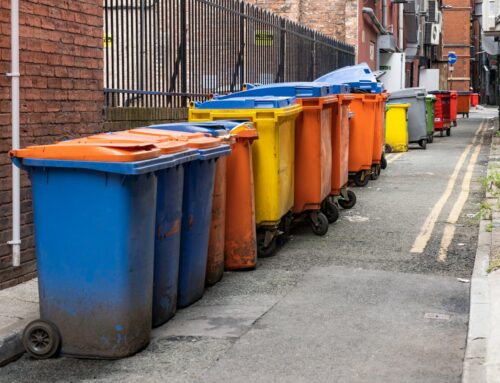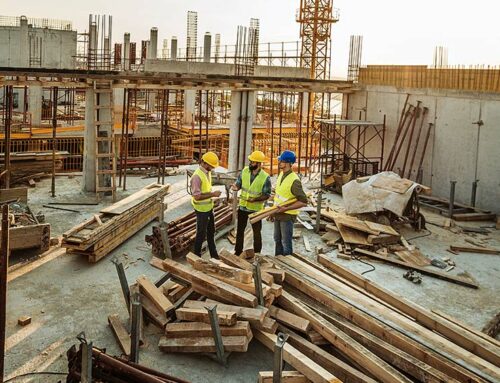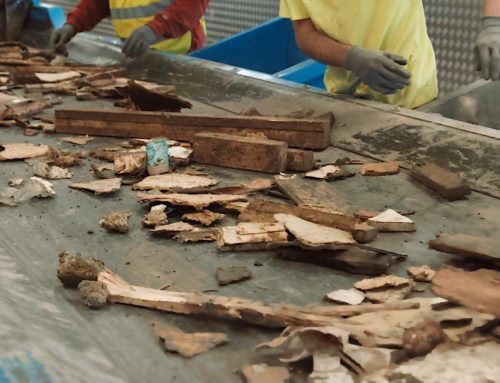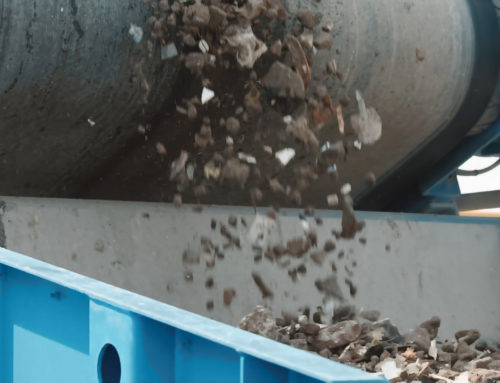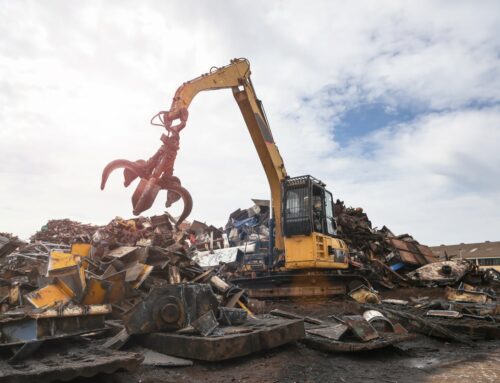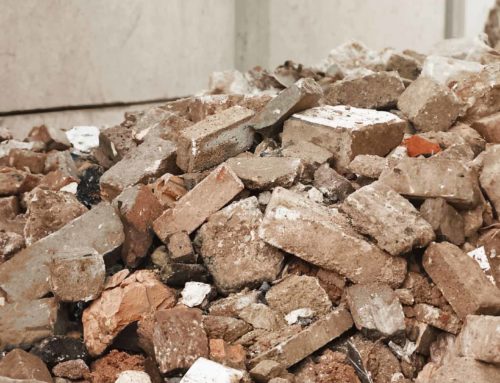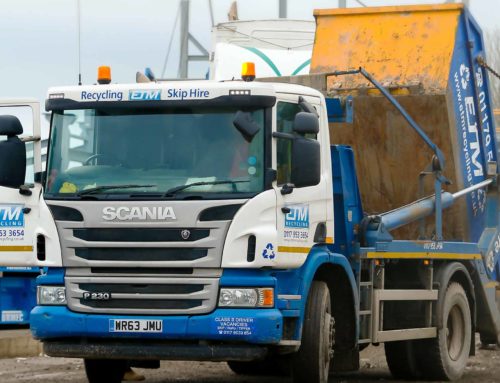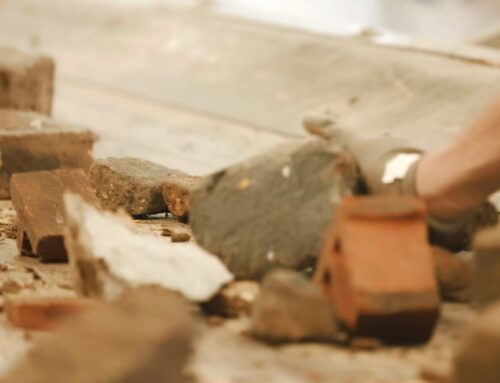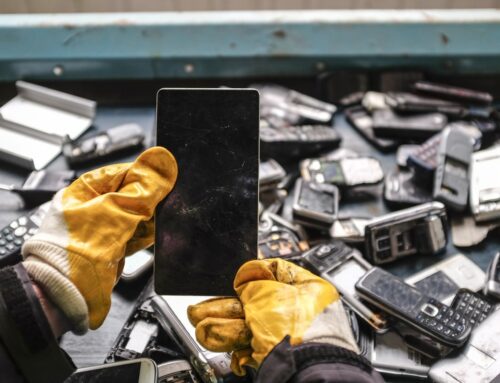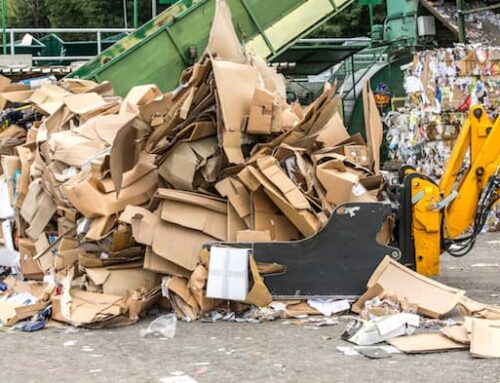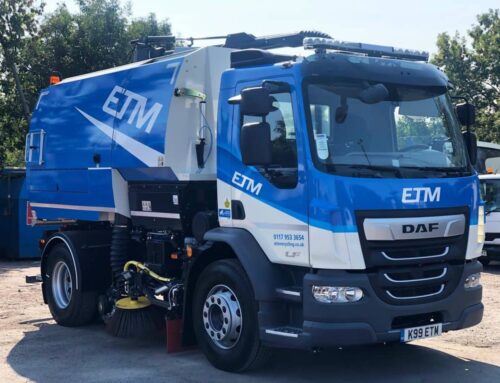Scrap metal recycling has become an increasingly important and lucrative industry as the world recognises the need for sustainable resource management. Among the various types of scrap metals, some are more valuable than others due to their high demand and limited availability. Here at ETM recycling, we have comprised this article to explore the most valuable scrap metals that are commonly found in everyday items and industrial waste, and delve into their uses and importance in today’s economy.
Copper as Valuable Scrap Metal: Properties, Uses, and Recyclability
Copper is one of the most valuable and widely used metals in the world. It has excellent electrical and thermal conductivity, making it essential in a wide range of applications, including electrical wiring, plumbing, electronics, and construction. Copper is also highly recyclable, and recycling it reduces the need for mining and extraction of new copper ores, which can be environmentally damaging.
How much is copper worth?
The value of copper scrap is determined by its purity and form. Clean, unalloyed copper with a high percentage of copper content is more valuable than copper alloys or contaminated copper. Copper scrap can be found in various forms, including wires, pipes, sheets, and even in electronic devices. Due to its high demand and versatility, copper scrap is considered one of the most valuable scrap metals.
Aluminium as Valuable Scrap Metal: Properties, Uses, and Recyclability
Aluminium is another valuable scrap metal that is widely used in various industries. It is lightweight, corrosion-resistant, and has excellent thermal and electrical conductivity. Aluminium is used in transportation (such as automobiles, airplanes, and trains), packaging, construction, and electronics. Recycling aluminium scrap saves significant energy compared to producing aluminium from raw materials, making it an environmentally friendly choice.
How much is aluminium worth?
Aluminium scrap can come in many forms, including cans, sheets, extrusions, and castings. The value of it depends on its purity, form, and market conditions. Generally, clean, uncoated aluminium with high purity is more valuable than coated or contaminated aluminium. This scrap metal is highly sought after by recyclers and manufacturers due to its energy-saving properties and high recyclability.
Stainless Steel as Valuable Scrap Metal: Properties, Uses, and Recyclability
Stainless steel is a type of steel that contains chromium, which gives it excellent corrosion resistance and durability. It is commonly used in kitchen appliances, cutlery, medical instruments, and construction materials. Stainless steel scrap is highly recyclable and can be found in various forms, including sheets, pipes, and appliances.
How much is stainless steel worth?
The value of stainless steel scrap depends on its grade, which determines its composition and properties. Higher grades of stainless steel, such as 304 and 316, are more valuable due to their higher chromium and nickel content. Clean, unalloyed stainless-steel scrap with high purity is more valuable than contaminated or mixed stainless-steel scrap. Stainless steel scrap is in high demand due to its properties and versatility, making it one of the most valuable scrap metals.
Understand the many benefits of recycling stainless steel here. >
Brass as Valuable Scrap Metal: Properties, Uses, and Recyclability
Brass is an alloy of copper and zinc and is commonly used in plumbing fixtures, valves, hardware, and musical instruments. Brass has excellent corrosion resistance, machinability, and electrical conductivity, making it valuable in various applications. Brass scrap can come in many forms, including pipes, valves, fittings, and decorative items.
How much is brass worth?
The value of brass scrap depends on its composition, with higher copper content being more valuable. Clean, unalloyed brass scrap with high copper content is more valuable than brass alloys or contaminated brass. Brass scrap is highly recyclable and is often melted down to produce new brass products or other brass alloys.
Lead as Valuable Scrap Metal: Properties, Uses, and Recyclability
Lead is a dense, soft metal that has been widely used in the past in applications such as batteries, pipes, and weights. However, due to its toxic nature, lead has been phased out in many products, and its use has been restricted in many countries. Despite its environmental concerns, lead is still valuable as a scrap metal due to its high density and unique properties.
How much is lead worth?
Lead scrap can come in many forms, including pipes, batteries, cables, and roofing materials. The value of lead scrap depends on its purity and form, with clean, uncontaminated lead being more valuable. Lead scrap is typically recycled to produce new lead products or used in the production of other alloys.
It’s important to note that lead scrap requires special handling and disposal due to its toxic nature. Proper safety measures should always be followed when handling lead scrap to protect the environment and human health.
Rare Valuable Scrap Metal: Properties, Uses, and Recyclability
While not as commonly found in everyday items as the previously mentioned metals, gold is an extremely valuable scrap metal due to its rarity and high demand in various industries. Gold is known for its beauty, malleability, and resistance to corrosion, making it highly prized in jewellery, electronics, and medical equipment.
Gold scrap can come from various sources, including dental materials. Gold-plated items, such as computer parts and connectors, are also valuable sources of gold scrap. The value of gold scrap depends on its purity, weight, and market conditions.
Recycling gold scrap is not only financially lucrative but also environmentally responsible, as it reduces the need for mining and extraction of new gold ores. However, it’s important to note that gold recycling should be done responsibly and legally, following all applicable regulations and guidelines.
Additionally, even metals such as Platinum can be sourced and recycled. Although rare, it is widely used in industrial applications, including automotive catalysts, electrical contacts, and chemical processing. It is known for its high melting point, resistance to corrosion, and excellent catalytic properties. Platinum is also used in jewellery and dental materials, although in lesser quantities compared to gold. Due to its limited availability and high demand, platinum scrap is extremely valuable and sought after by recyclers and manufacturers.
Like gold, platinum recycling should be done responsibly and in compliance with all applicable regulations. Recycling platinum scrap not only conserves precious resources but also helps reduce the environmental impact of mining and extraction.
Discover precious metals that could be hiding in healthcare industries here. >
Get Money for Scrap Metals with ETM Recycling
Scrap metal recycling plays a crucial role in conserving precious resources, reducing environmental impact, and promoting sustainable resource management. Among the various types of scrap metals, copper, aluminium, steel, stainless steel, lead, gold and platinum are some of the most valuable and commonly recycled metals due to their high demand, limited availability, and economic value.
Responsible and legal recycling practices should always be followed to ensure safety and compliance with regulations, which is where we can step in. Our recycling services not only provide economic benefits but also contribute to energy savings, greenhouse gas reduction, and environmental conservation. By recycling scrap metals, we can all contribute to a more sustainable and environmentally responsible future so don’t hesitate to get in touch with one of our friendly professionals today.
Alternatively, take a look at our case studies to get a better understanding as to what it is we do here.
Next read: How to Sell Scrap Metal. >
